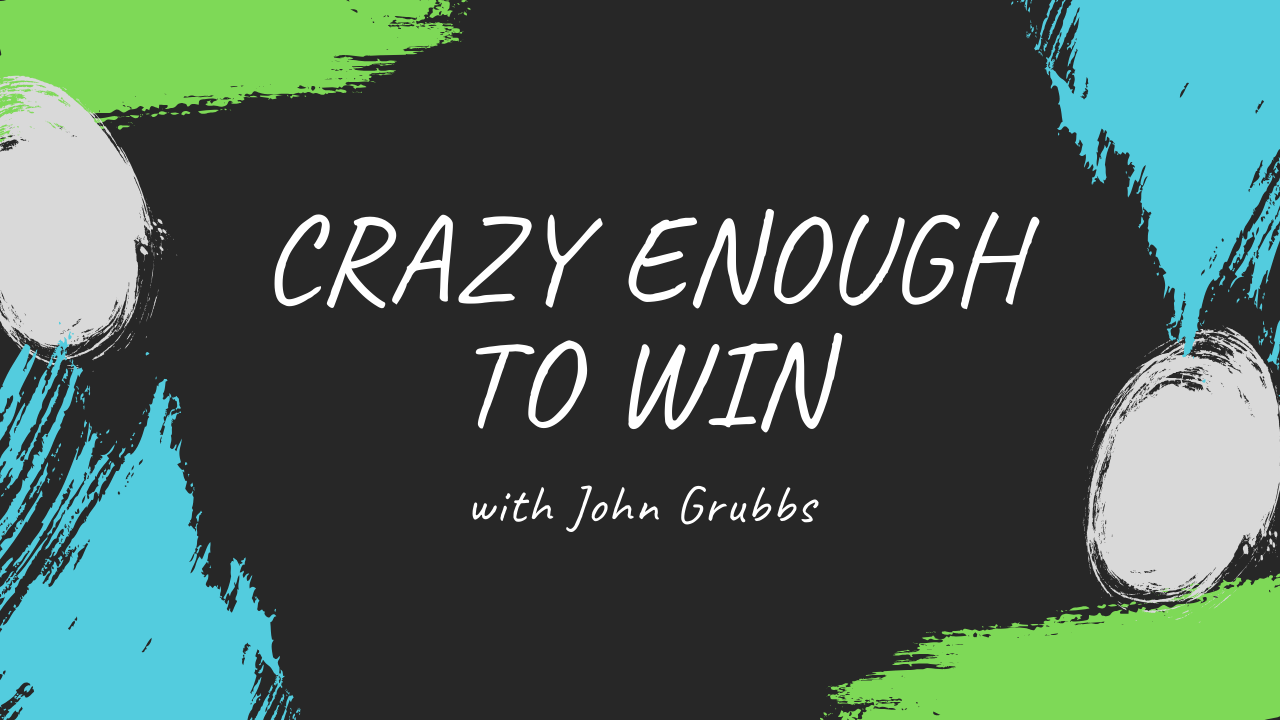|
Helping Companies Rethink, Recover & Refocus on the Future
Call John Grubbs (903) 295-7400
I have discovered some powerful reasons why managers seek mediocrity rather than excellence for the organizations they serve. Surprisingly, the challenge for greatness is often "not more difficult" to achieve. It simply requires a different mindset when presented with a problem.
Our leadership and the values we present to the organization are less in the day-to-day activities and more evident to our subordinates when we reach an obstacle. In other words, the followers watch our response to decide how to behave if they confront a similar situation. Even more revealing about human nature is that we can "say and aspire for one thing" and then do something very different under stress. Most of us have experienced the regretful moment when we become "our parents" in certain difficult situations.
Why do we think one way and behave in a completely different manner? I have watched thousands of people in my classes "say" the right things and then hear of the crushing "idiocy" in their actions before or after our meeting. How can these seemingly intelligent and capable leaders act so horribly? They seem smart and talented in my classroom. What changes after they leave the protection of the training environment?
Life is like playing a competitive game of sports. We seldom get a "do-over" in real life. It is impossible to "unsay" that horrible thing or "undo" the lost temper in a given situation. In training, the learning environment is like "practice." The consequence of being wrong has little to no impact on the person directly. Missing a ball in a batting cage is different from being in the batter's box when the game is on the line. We know another ball is coming in the practice situation, and we can try again. We are more comfortable making mistakes we can correct. Training and development give people the "muscle memory" to make better decisions when a challenge gets presented.
So, why do we seek mediocrity instead of excellence in a moment of crisis?

